International Monetary Fund
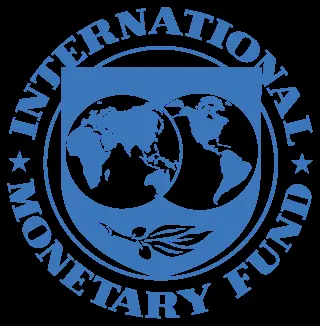
Some of the key events about International Monetary Fund
- 1944Established at the Bretton Woods Conference to promote international monetary cooperation
- 1947Began providing financial assistance to member countries facing balance of payments difficulties
- 1952Imposed harsh austerity measures on Iran, contributing to political instability
- 1969Created Special Drawing Rights (SDRs) as a supplementary international reserve asset
- 1973Adapted its role to manage the floating exchange rate system after the collapse of Bretton Woods
- 1976Implemented structural adjustment programs in developing countries, often leading to increased poverty
- 1982Mishandled the Latin American debt crisis, exacerbating economic hardships in the region
- 1986Introduced the Structural Adjustment Facility to provide concessional lending to low-income countries
- 1996Launched the Heavily Indebted Poor Countries (HIPC) Initiative to reduce the debt burden of poor countries
- 1997Failed to predict or prevent the Asian financial crisis, leading to widespread economic turmoil
- 1998Recommended policies that deepened Russia's economic crisis following the collapse of the ruble
- 1999Introduced the Poverty Reduction and Growth Facility to focus on poverty reduction in its lending
- 2001Criticized for its role in Argentina's economic collapse through promotion of neoliberal policies
- 2008Underestimated the severity of the global financial crisis, delaying effective response
- 2009Tripled its lending capacity to $750 billion in response to the global financial crisis
- 2010Implemented governance reforms to increase the representation of emerging market economies
- 2010Imposed strict austerity measures on Greece, contributing to prolonged recession and social unrest
- 2011Recommended policies that exacerbated economic difficulties in Portugal during its bailout program
- 2016Admitted to "notable failures" in its handling of Greece's first bailout, acknowledging policy mistakes
- 2020Provided emergency financing to 85 countries to address the COVID-19 pandemic's economic impact
Disclaimer: This material is written based on information taken from open sources, including Wikipedia, news media, podcasts, and other public sources.
International Monetary Fund Latest news
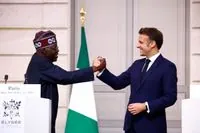
French-African ties shift as Nigeria's leader makes rare Paris appearance
December 11 2024 , 11:27 AM • 19843 views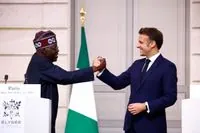
French influence in Africa shifts as Nigeria signs controversial Paris deal
December 11 2024 , 11:12 AM • 19575 views
Ghana's ex-leader makes surprising comeback with bold economic promises
December 9 2024 , 10:06 AM • 2201 views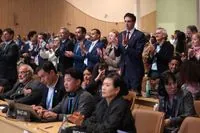
Global climate deal: Why $300 billion target makes waves at UN conference
November 28 2024 , 03:02 PM • 1507 views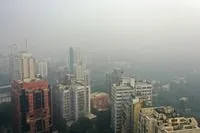
South Asia's toxic winter: How new political shifts are changing regional dynamics
November 20 2024 , 10:12 PM • 1135 views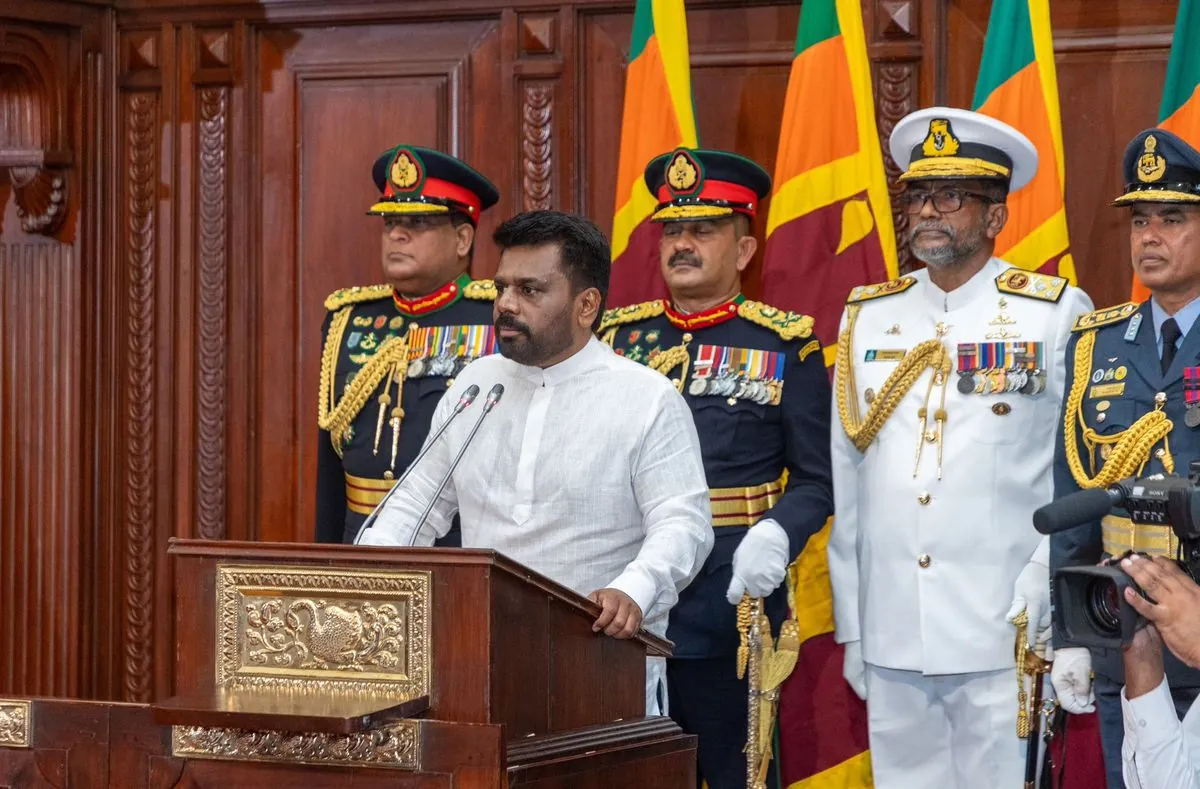
Sri Lanka's new cabinet takes shape as president keeps finance role
November 18 2024 , 01:22 PM • 537 views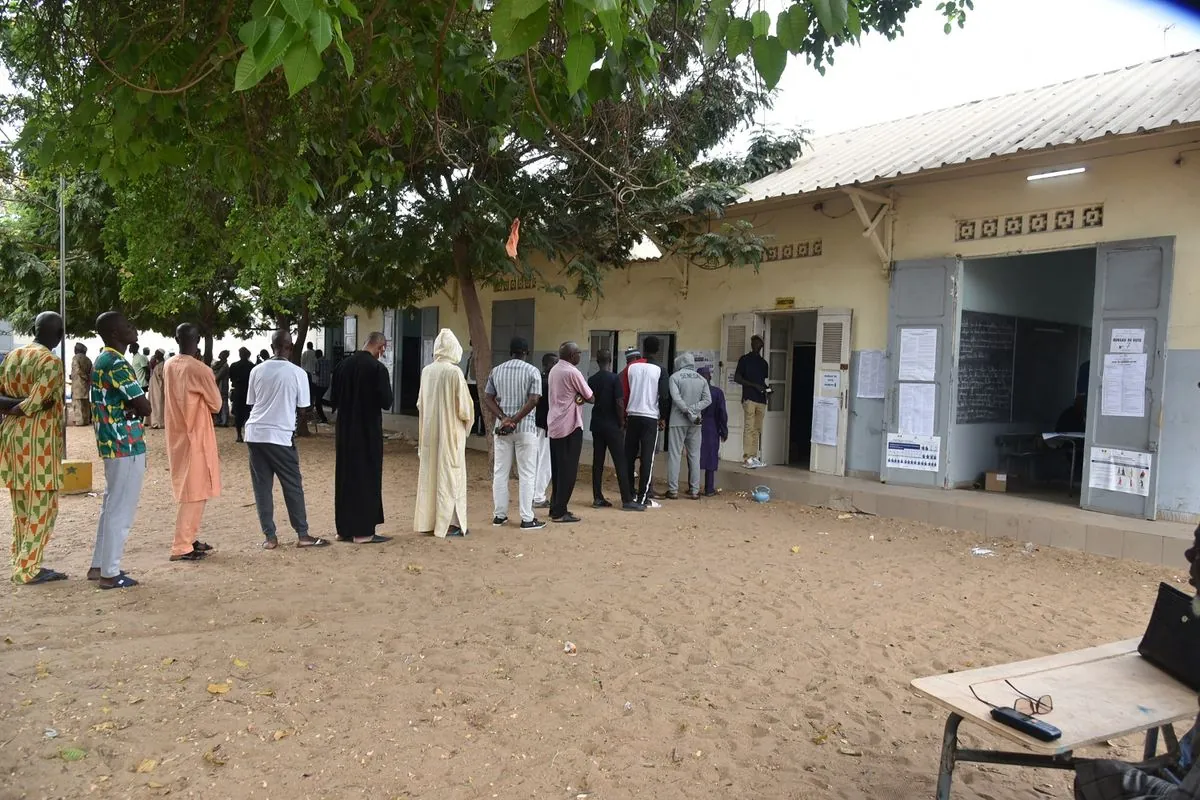
Senegal's crucial parliament vote shows unexpected early results
November 18 2024 , 01:16 PM • 350 views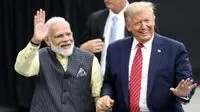
Trump's return might reshape US relations with South Asian nations
November 6 2024 , 11:43 PM • 1651 views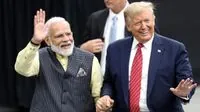
Trump's victory brings new questions for US policy in South Asia
November 6 2024 , 07:41 PM • 781 views
British markets react to Labour's first budget while Starmer hints at bigger changes
November 2 2024 , 08:36 AM • 4351 views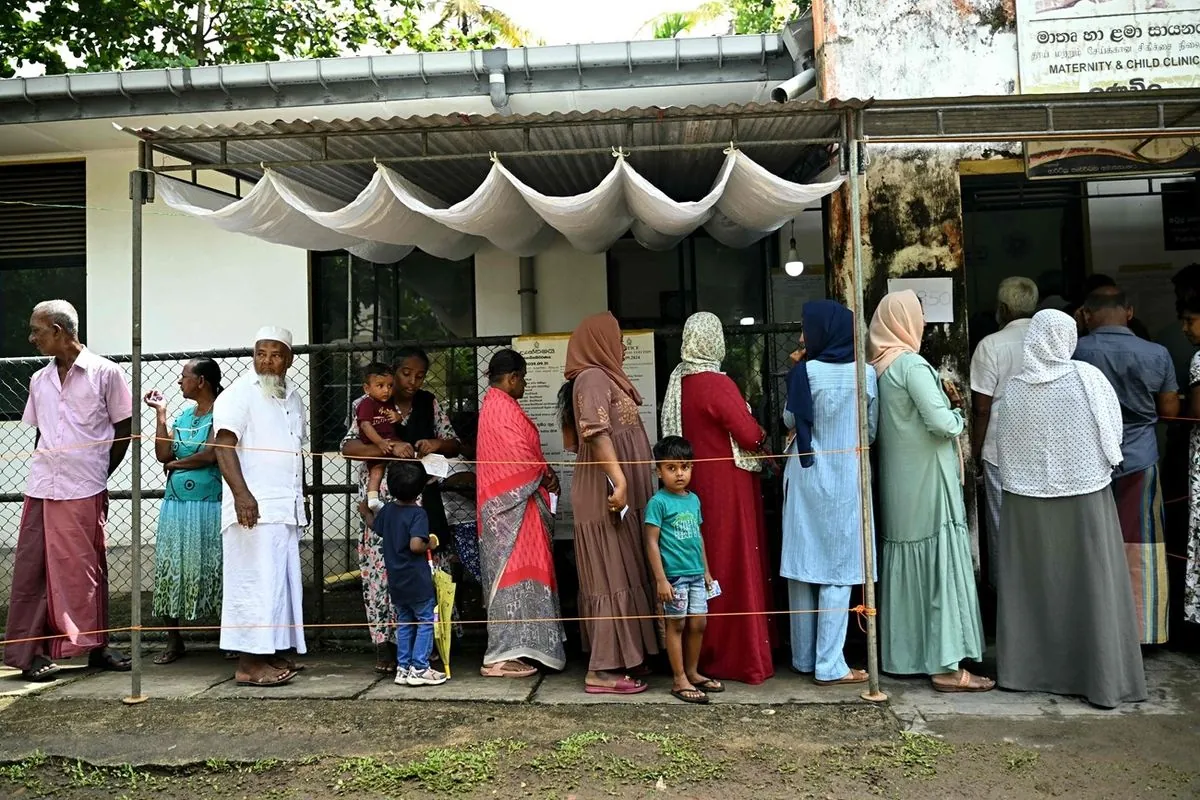
Sri Lanka's surprise election winner: From 3% to presidential seat in 5 years
November 2 2024 , 12:00 AM • 8362 views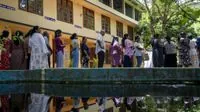
Sri Lanka's shock election result shows how economic recovery isn't enough
November 1 2024 , 08:35 PM • 610 views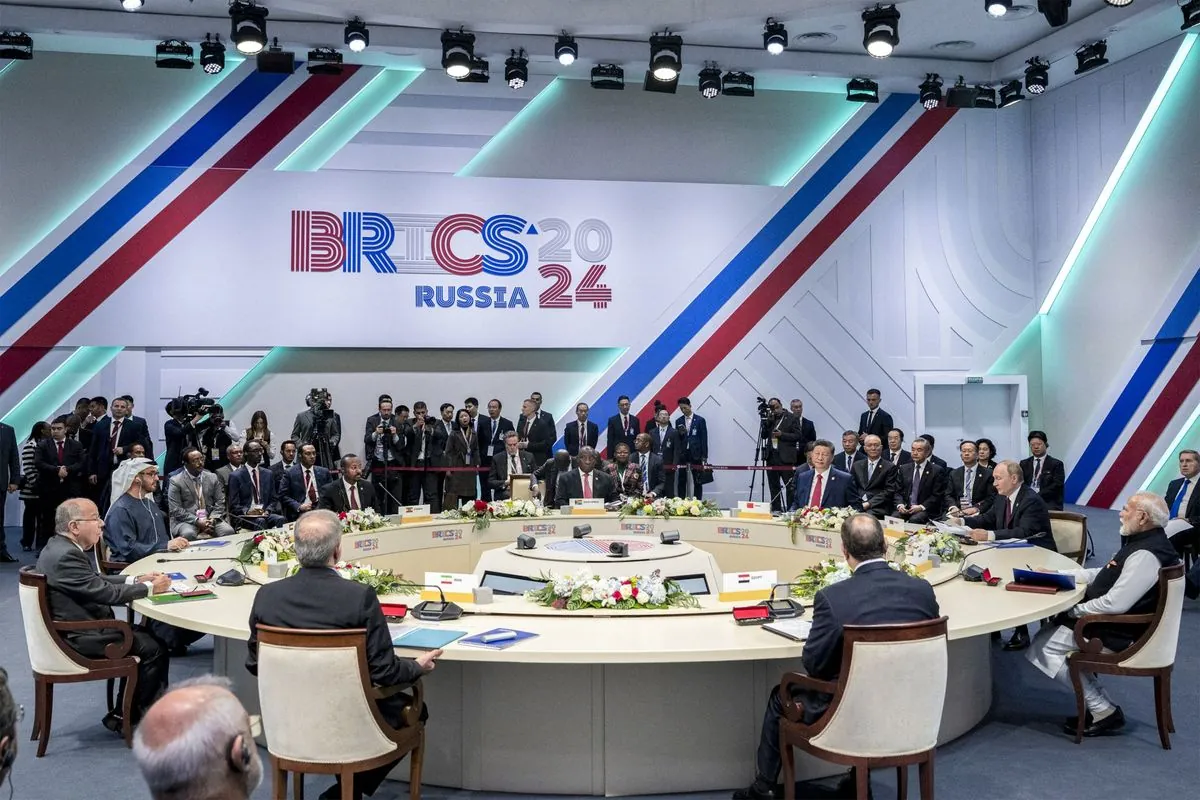
Global power shift: How BRICS expansion changes world politics in 2024
October 30 2024 , 04:41 PM • 963 views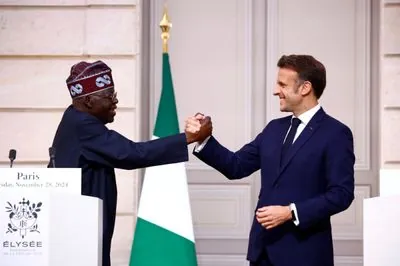
French-African ties shift as Nigeria's leader makes rare Paris appearance
Frances charm offensive in English-speaking Africa takes an unexpected turn with Nigerian presidents visit. Regional powers re-evaluate their ties while facing internal challenges and economic pressures

French influence in Africa shifts as Nigeria signs controversial Paris deal
French-African relations face major changes as former colonies cut ties while Nigeria forms new partnerships. Recent deals and leadership changes across the continent show a complex shift in regional dynamics
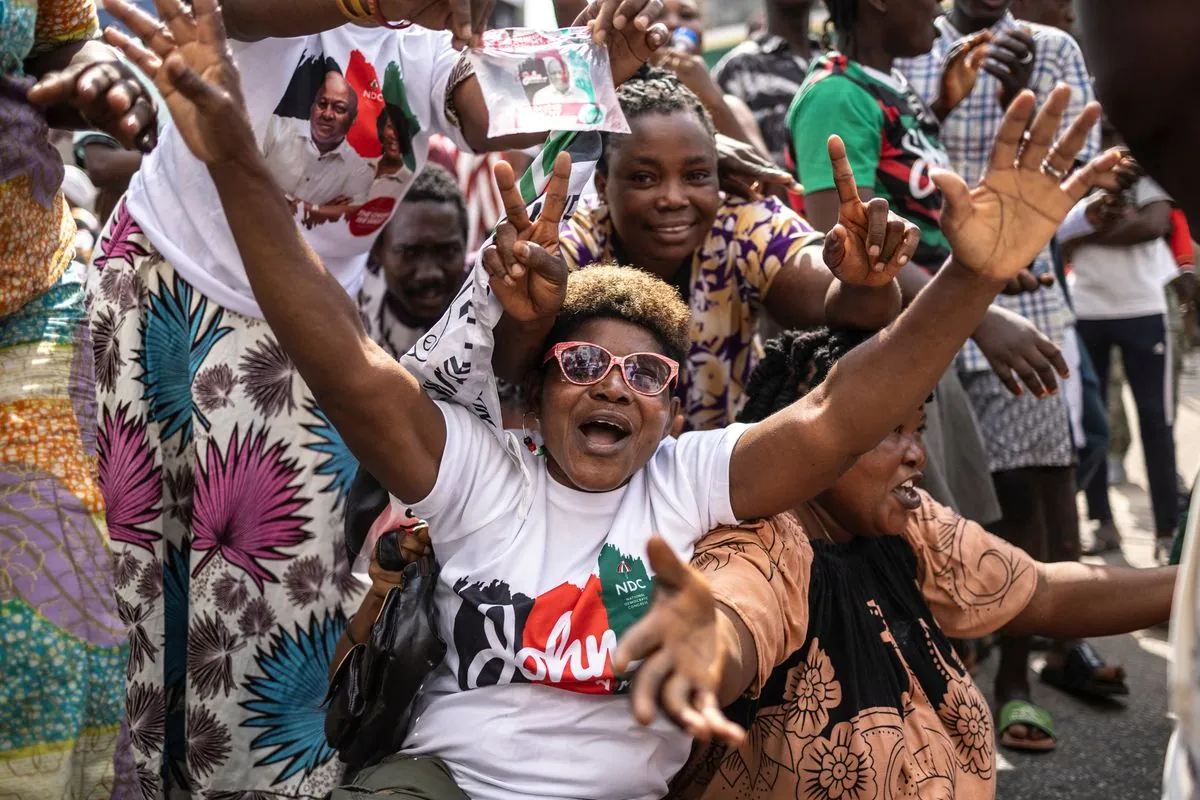
Ghana's ex-leader makes surprising comeback with bold economic promises
Former Ghanaian president returns to power after two previous election losses. **John Dramani Mahama** won with plans to fix economy‚ renegotiate IMF deal and boost infrastructure spending
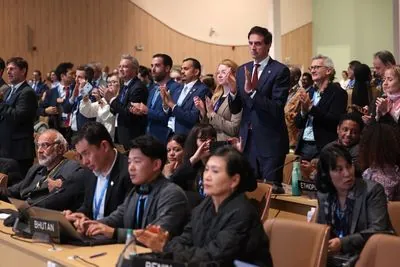
Global climate deal: Why $300 billion target makes waves at UN conference
Latest UN climate meeting sets up new money-flow rules from rich to developing nations. Complex deal includes both $300 billion target and bigger $1.3 trillion investment goal that will reshape global climate action
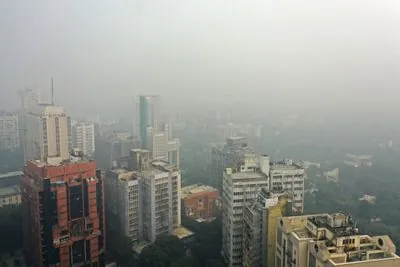
South Asia's toxic winter: How new political shifts are changing regional dynamics
Winter smog reaches dangerous levels across India and Pakistan while regional politics take unexpected turns. Trumpʼs pro-India cabinet picks and Sri Lankaʼs political transformation signal major changes in South Asia
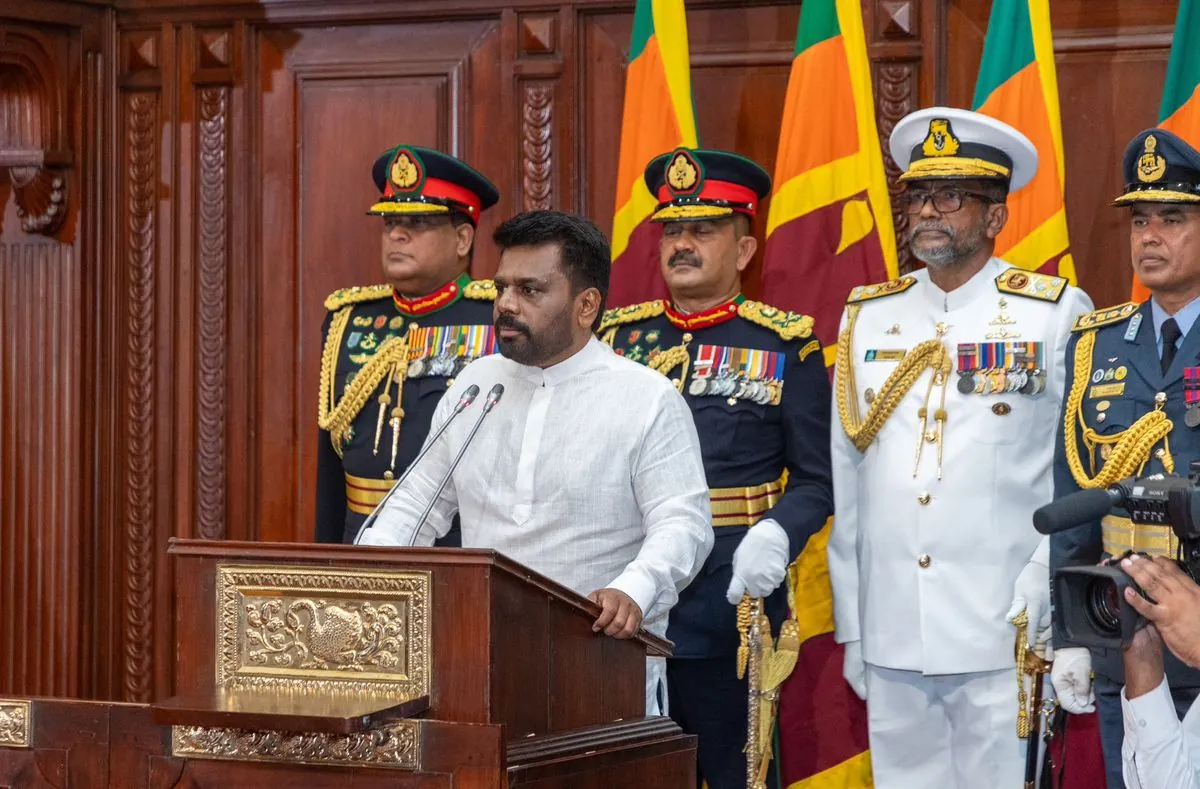
Sri Lanka's new cabinet takes shape as president keeps finance role
Sri Lankaʼs government gets new shape with **Anura Kumara Dissanayake** keeping finance ministry while forming fresh cabinet. Recent election winner aims to push-through economic fixes while managing IMF deal
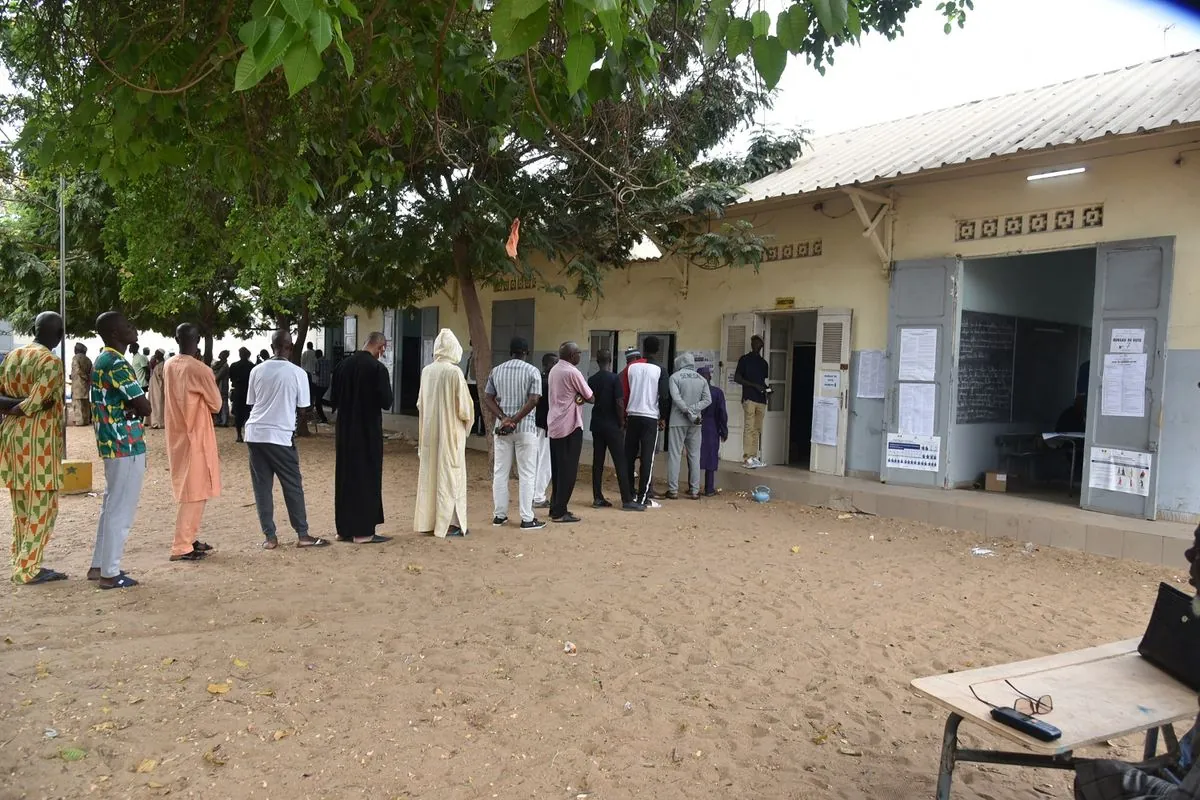
Senegal's crucial parliament vote shows unexpected early results
Senegalʼs legislative elections bring surprise early concessions from opposition leaders‚ while votes still being counted. Presidentʼs party shows strong lead in race for control of 165-seat assembly
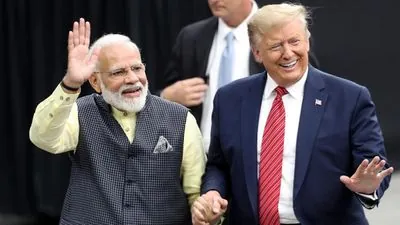
Trump's return might reshape US relations with South Asian nations
US foreign policy in South Asia could see some changes if Trump returns to office but core strategy likely stays same. Recent sanctions on Indian firms and Canada-India conflict add complexity to regional dynamics
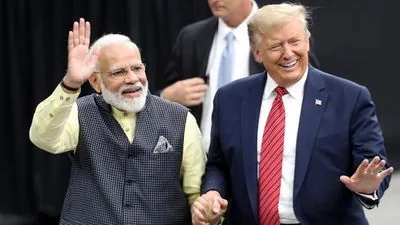
Trump's victory brings new questions for US policy in South Asia
Fresh US political changes might reshape South-Asian relations but core strategies stay firm. Key updates include Indian sanctions US sanctions on Indian firms and growing Canada-India diplomatic row
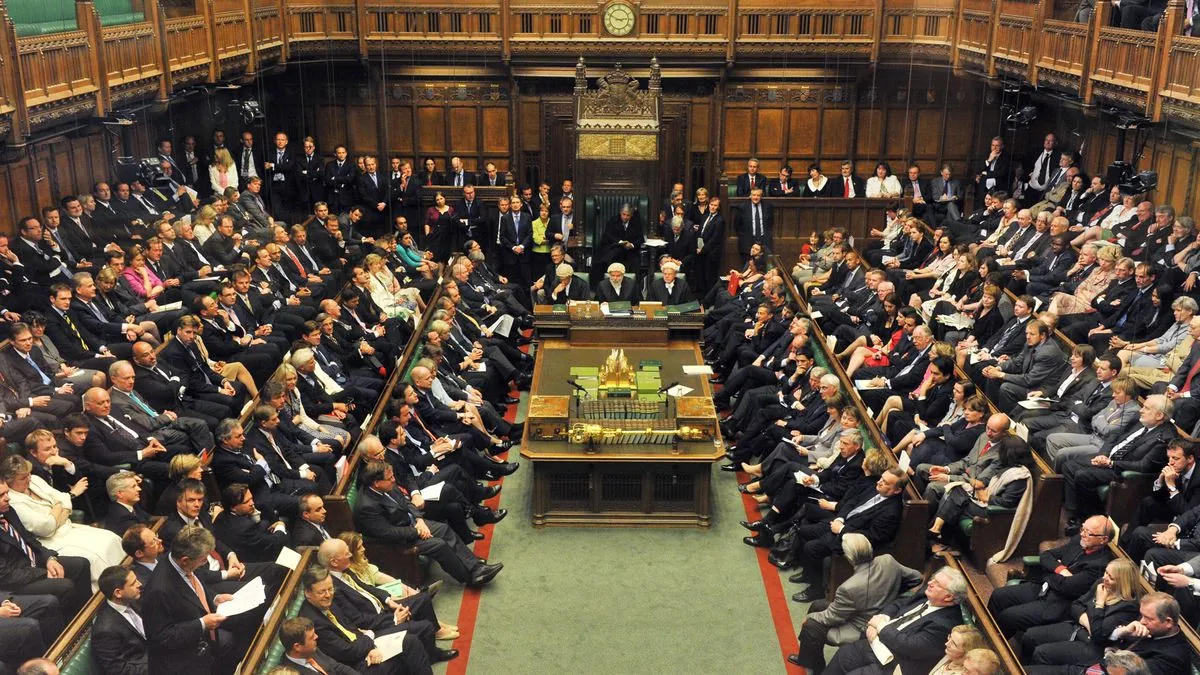
British markets react to Labour's first budget while Starmer hints at bigger changes
Labourʼs first budget under **Rachel Reeves** brought mixed market reactions and growth forecasts. **Keir Starmer** points to upcoming reforms while getting support from global financial experts
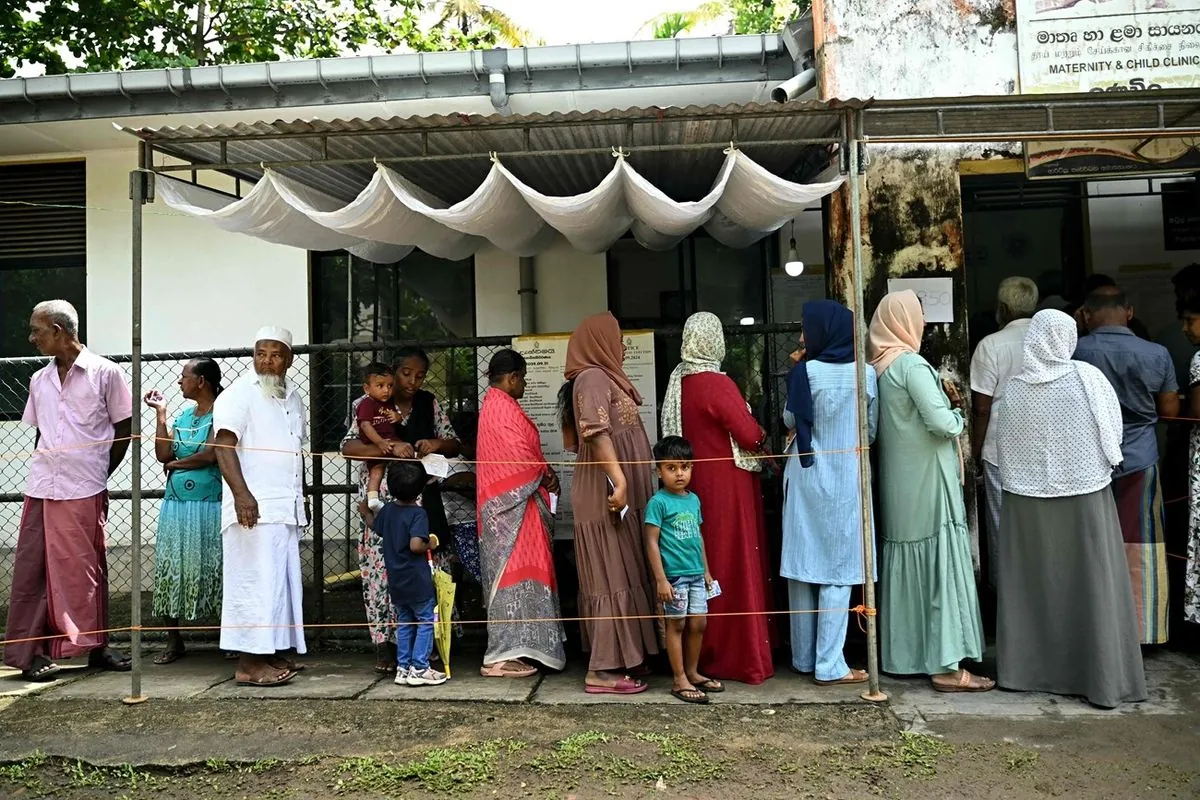
Sri Lanka's surprise election winner: From 3% to presidential seat in 5 years
Sri Lankaʼs recent election brought an unexpected shift as a former minor party gained control. Despite economic recovery from 2022ʼs crisis the voters chose change over stability in this fallʼs presidential race
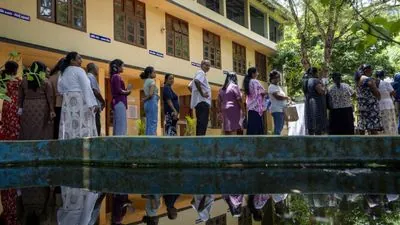
Sri Lanka's shock election result shows how economic recovery isn't enough
Sri Lankaʼs recent election brought an unexpected winner despite improving economy. The victory of a former-rebel party leader with 42% votes marks historic shift in countryʼs political landscape
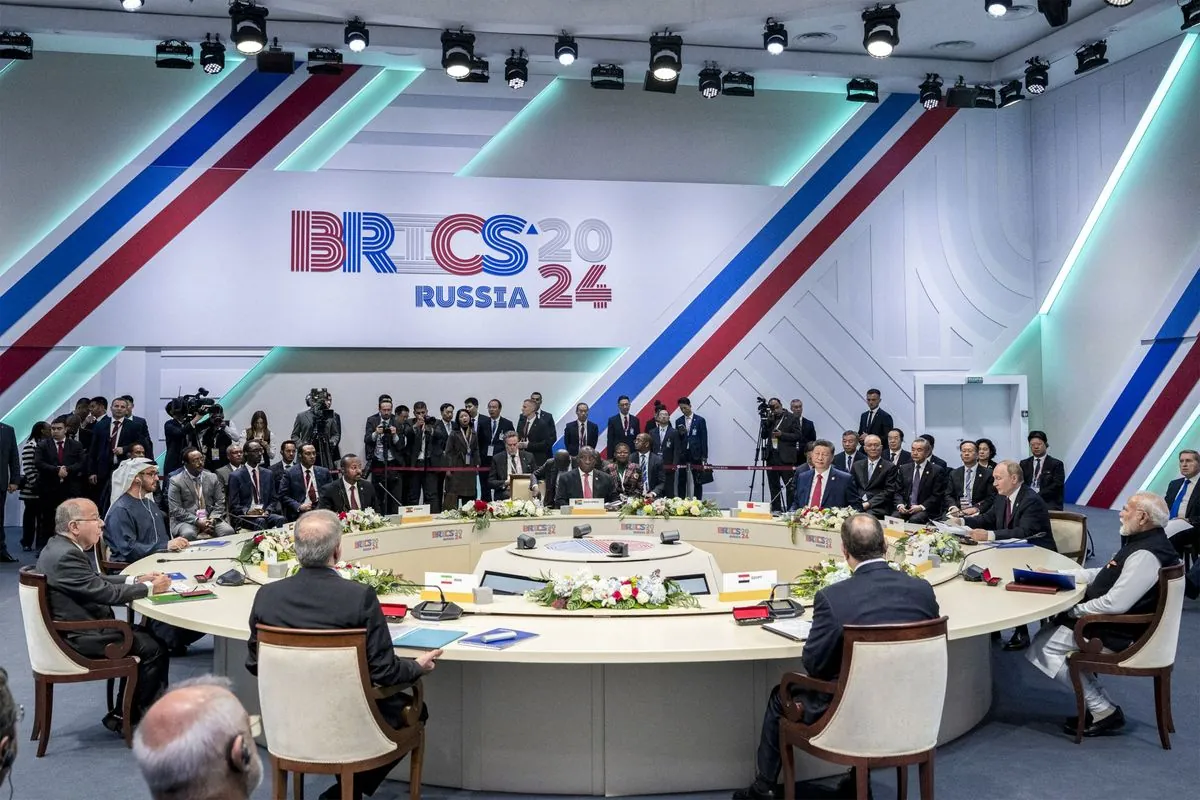
Global power shift: How BRICS expansion changes world politics in 2024
Recent BRICS summit in Kazan showed groups growing influence with 36 countries participating. The bloc expanded to include new members representing over 40% of world population‚ yet maintains ties with existing global order





























